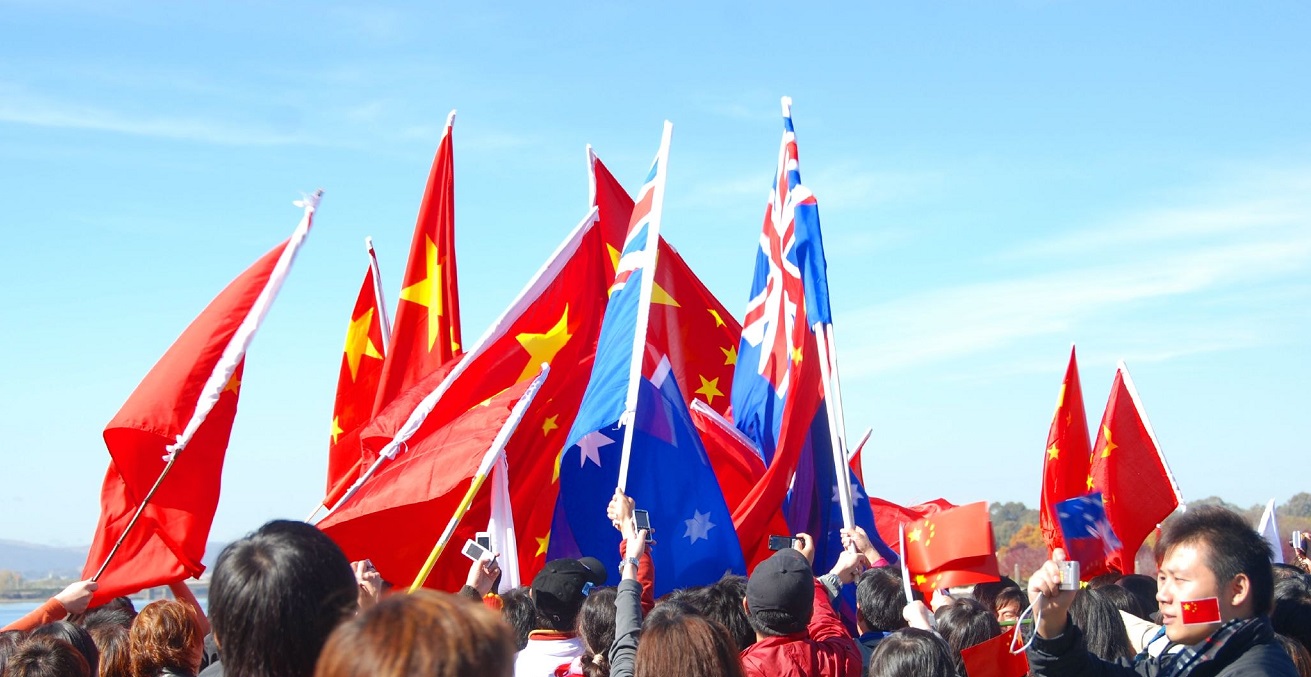Towards Social and Economic Resilience in Australia’s Approach to China

The debate over Australia’s response to the challenges presented by China often pits pragmatists against proponents of a principles-based approach. While these perspectives may appear to be in conflict, short-run pragmatism could pave the way for a principles-based approach in the future.
Principles-based proponents argue Australia should be more vocal in asserting its values and interests, and that behind-the-door diplomacy fails to achieve Australia’s objectives and often undercuts its values. Pragmatists stress the limits of a middle power’s ability to protect its wide-ranging interests and values, and caution against picking too many fights. Both approaches recognise that upholding values may not be cost-free. However, while principles-based proponents see a window of opportunity now to set the conditions for future engagement as China will recognise Australia’s bottom lines, pragmatists doubt Australia has the ability to influence China’s behaviour at any point in time. There is a third approach that could reconcile these two perspectives over a longer time-horizon.
Australia’s ability to defend its values and principles in its engagement with China depends on resilience in two interrelated areas—its economy and society. Economically, Australia is exposed to a high degree of trade dependence on China. China’s recent decisions targeting barley and beef exports are the first clear instances of its use of economic coercion against Australia for political purposes. As many have pointed out, an important way to mitigate the risk of economic coercion is diversification. With greater diversity in Australia’s trade relationships, there will be fewer avenues of coercion. As China is less likely to target sectors critical to its economy (such as iron ore)—Australia could look to diversify in sectors in which China has strategic leverage, and sectors representing discretionary spending for Chinese consumers. These are the areas where China is more likely to use coercion. Australia has already made progress in the former by developing rare earth minerals. The government’s recent calls for Australian businesses to diversify their customer base is a step toward the latter. Australia could also look towards increasing the size of its domestic market relative to exports, including through continued immigration intake.
While the immediate costs of China’s coercion are borne by Australia’s export sectors, these costs have flow-on effects such as higher unemployment and reduced tax revenue. This undermines the government’s ability to provide services, and thereby affects the wellbeing of many more Australians. This moral dilemma is one that some principles-based proponents do not adequately address.
A democratic government must persuade the public that the importance of upholding its values are in many cases worth the economic costs. In other words, the government will need to bring the public with them. For democratic leaders, the most difficult policies to sell are ones where the risks are contingent and the rewards are delayed or, as in the case of upholding values, less perceptible. As Katherine Mansted has written, an inclusive national security conversation that involves civil society and clear public communication are important to explain the necessity for short-term costs, and to achieve public buy in.
Civic education also plays a critical role. While Australia’s civil and political values, such as democracy, the rule of law, respect for human rights, and equality, are taught in primary schools, high school curriculums tend to be light on values education. At the university level, only students of the humanities and law come across these concepts. This means that while Australian values may be hard-wired into the moral compasses of government officials and academics, general members of the public may not have a similar grasp of these concepts. These are the Australians most likely to protest putting immediately observable material values at risk in favour of defending more abstract values. As authoritarians gain renewed confidence in their governance model and seek to promote it globally, there is now an urgent need for Australia to re-instil in the public a deeper appreciation for the values that underpin the moral fabric of its society.
Achieving economic resilience through diversification and social resilience through stronger civic belief in values will require the concerted effort of government and civil society. Crucially, it will take time.
This is where short-run pragmatism comes in. Australia should “pick its fights” more carefully in the near-term not to prematurely surrender its values, but to preserve its strengths and avoid immediate economic and social costs while it works towards a state of greater resilience. To paraphrase Deng Xiaoping, Australia should “bide its time and cultivate its resilience.”
It is true, as pragmatists contend, that China’s behaviour is often not within Australia’s ability to influence. Australia should therefore focus on what it can control. As the saying goes, foreign policy starts at home. By fortifying its economic and social resilience, Australia will be in a much stronger position to confidently uphold its values and principles when engaging with China. The benefit of this model is that Australia can provide inspiration to other middle powers navigating similar challenges without being overtly seen as a leader in countering risks from China because the focus of this effort is primarily domestic.
Jerry Yan is working towards a masters degree from the National Security College at the Australian National University. This article reflects his own views.
This article is published under a Creative Commons Licence and may be republished with attribution.





